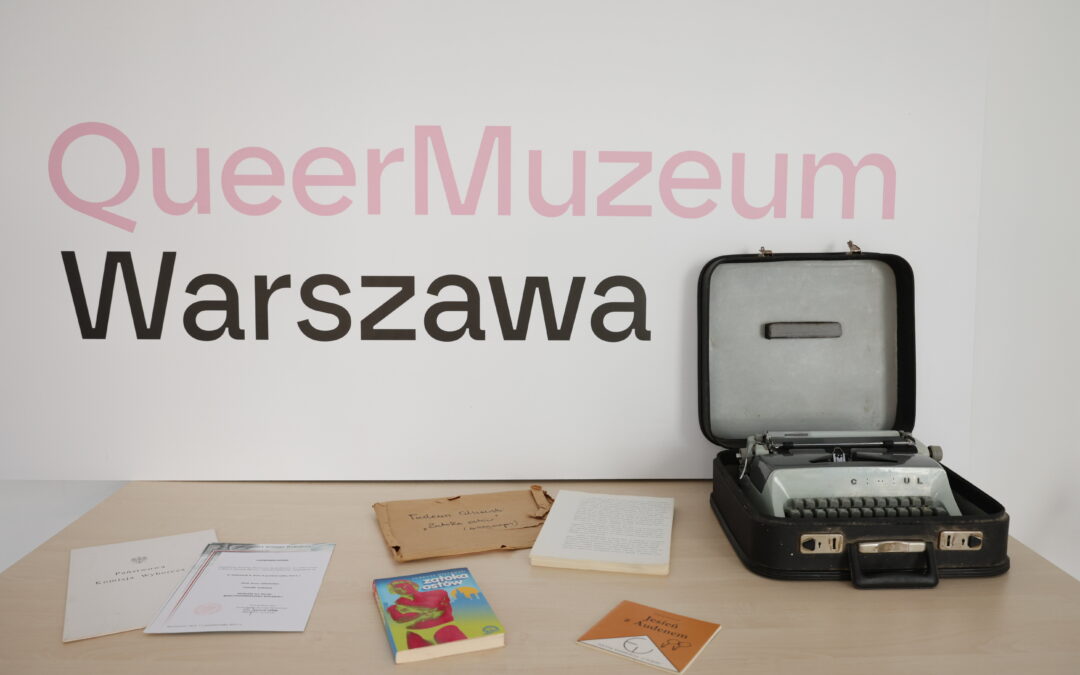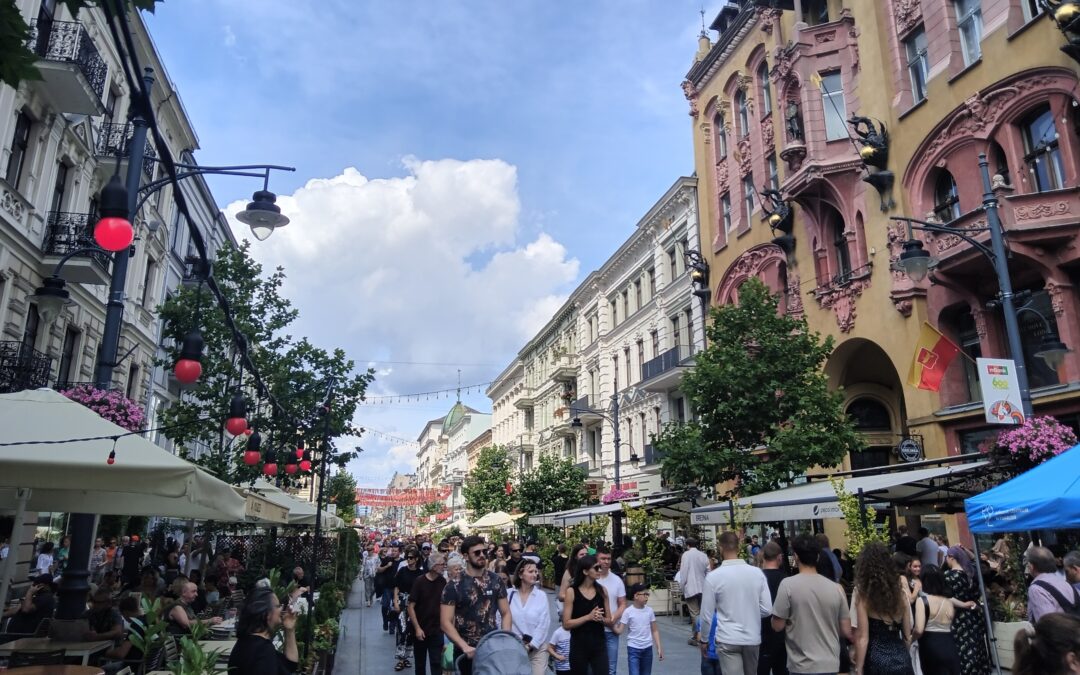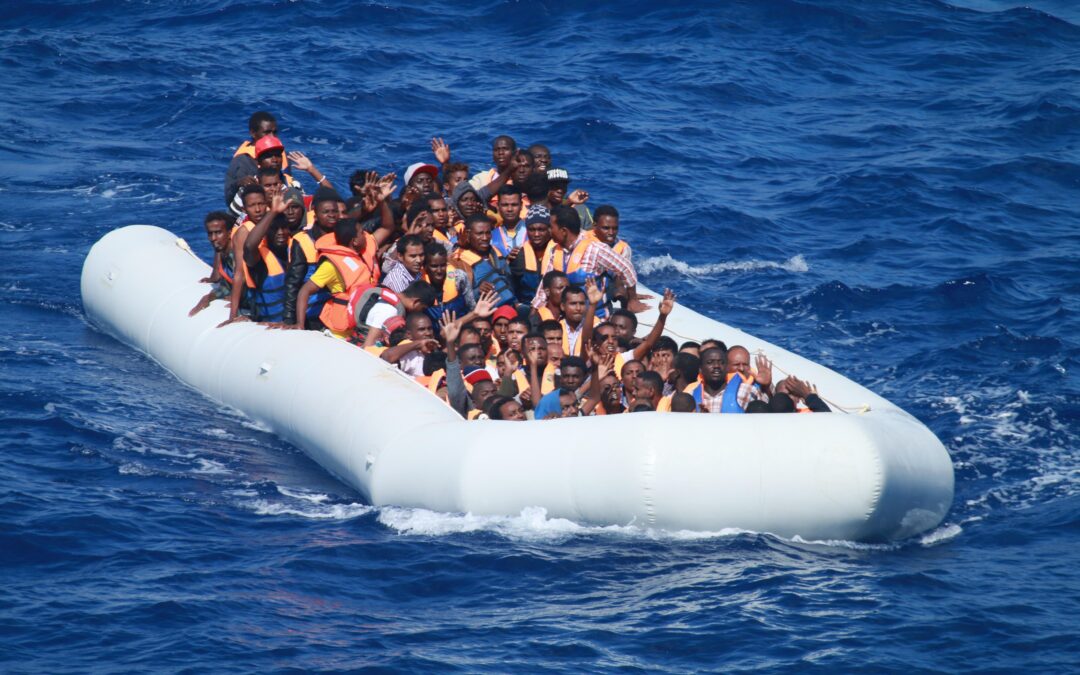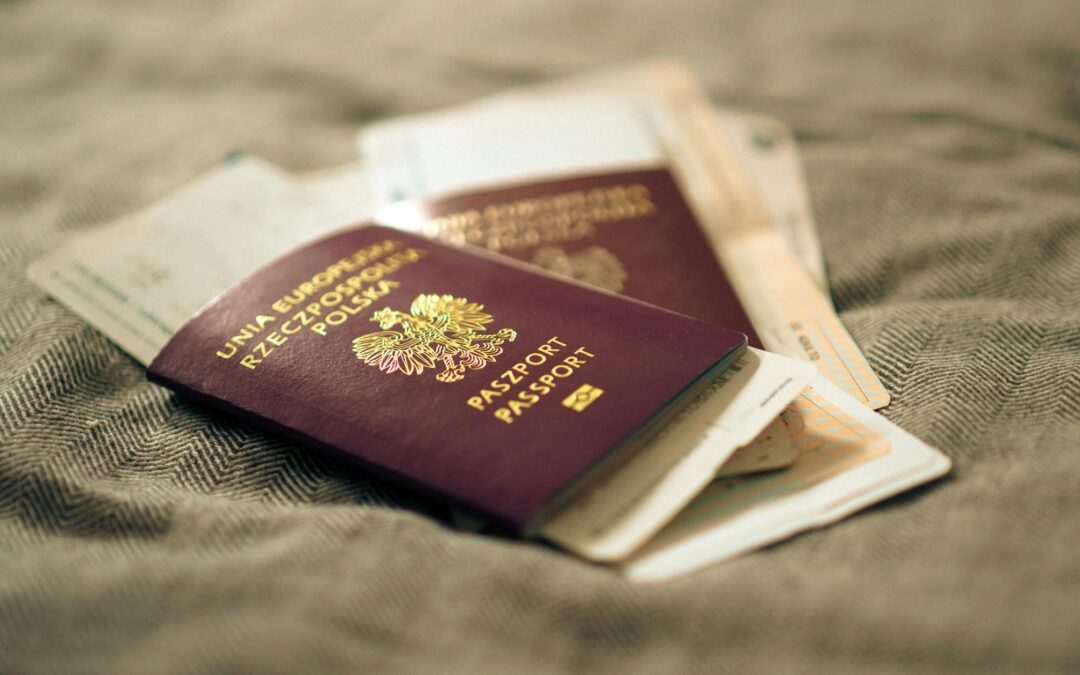Poland’s first queer museum – documenting the history of the LGBT+ community – will open later this year in Warsaw with the backing of the municipal authorities.
“In the autumn, Warsaw will be enriched with the QueerMuzeum – a grassroots, open space for meetings with the history of the LGBTQ+ community,” wrote city hall on Friday, announcing the project.
It says that the institution, which will be located in municipally owned premises on Marszałkowska Street at the heart of the city, will be only the third of its kind in Europe and the fifth in the world.
“This museum is very important for Warsaw because it tells the story of Warsaw’s identity,” said deputy mayor Aldona Machnowska-Góra at the announcement, quoted by the Gazeta Wyborcza daily. “Warsaw is also a city with a queer history and a queer identity.”
Już jesienią będziemy mogli zwiedzać w Warszawie Queer Muzeum tworzone przez Lambda Warszawa pic.twitter.com/y67n7KOumf
— Aldona Machnowska (@AldonaMachnow1) June 27, 2024
The museum will collect and share documents, artefacts and testimonies relating to the LGBT+ community. It will host the archives of Lambda, Poland’s oldest LGBT+ association, which contain around 100,000 items from the period 1945-2024.
Among the objects on display will be the typewriter of Tadeusz Olszewski, a writer and activist in the Warsaw Homosexual Movement (WRH), a pioneering LGBT+ group that operated in communist Poland.
Another item to feature will be the act of nomination to parliament of Anna Grodzka, who in 2011 became the first openly trans person in Europe elected to a national legislature.
The museum will also host a plaque commemorating queer victims of the Second World War and it will organise Poland’s first public commemoration for those victims.
New Netflix thriller set amid anti-gay operation in communist Poland https://t.co/1zn5OJ31Bx pic.twitter.com/9l78UZTVX7
— Notes from Poland 🇵🇱 (@notesfrompoland) September 20, 2021
The space in which the museum will operate already features a large, handmade rainbow flag sewn in 2005 for Warsaw’s planned first LGBT+ Equality Parade. However, the event was banned by the then mayor, Lech Kaczyński.
The flag shows signs of being burnt – the result of it being attacked with flares by nationalist protesters opposed to an LGBT march in the city of Lublin – and torn, the result of an attempt to tear it down when it was hung on Warsaw’s Łazienkowski Bridge to commemorate the suicide of a young queer activist, Milo Mazurkiewicz.
Warsaw’s Equality Parade did, however, begin to take place annually in 2006 and, since 2019, has been held under the honorary patronage of the current mayor, Rafał Trzaskowski, who also attends the march. This year he was joined for the first time by ministers from Poland’s new government.
Around 20,000 people attended Warsaw's LGBT+ Equality Parade – including, for the first time, members of the government.
"We will deliver laws that [make] the state equal for everyone and exclude no one", deputy prime minister @KGawkowski told the crowd https://t.co/VJ7mcRSOsv
— Notes from Poland 🇵🇱 (@notesfrompoland) June 17, 2024
“Queer spaces in our city are usually hidden. They are often located in basements, in courtyards. You enter by ringing a bell, there is no big sign,” Grzegorz Piątek, an architectural historian and member of the museum’s council, told Gazeta Wyborcza.
“This space is on the main street of Warsaw, at the front, with a large window. It is not a closet, it is a glass display case in which we will show ourselves. Here, our culture will be visible to thousands of passers-by,” he added.
Asked about inevitable criticism that will arise from supporting such an institution, Machonowska-Góra, the deputy mayor, told Gazeta Wyborcza that the city’s “ideological neutrality does not mean not supporting cultural, historical or identity-related activities in various areas”.
“We support organ concerts in churches, we have the Centre for the Thought of [Pope] John Paul II,” she noted. “These are elements of the city’s identity, just like the emerging Queer Museum.”
Warsaw's mayor has banned the display of religious symbols such as crosses from city hall.
He has also ordered officials to respect the rights of same-sex couples and to use people’s preferred pronouns https://t.co/HekDYSIReu
— Notes from Poland 🇵🇱 (@notesfrompoland) May 16, 2024
Trzaskowski has faced criticism from conservatives in Poland after he issued orders last month banning the display of religious symbols such as Christian crosses from city hall, making Warsaw the first place in Poland to take such a step.
Poland has for the last five years running been ranked as the worst country in the European Union for LGBT people in the annual Rainbow Map published by ILGA-Europe, a Brussels-based NGO.
The new government that took office in December has pledged to introduce greater rights for LGBT+ people, including the possibility of entering legally recognised civil partnerships. However, it has so far not enacted any such policies.
Poland has been ranked as the worst country in the EU for LGBT+ people for the fifth year in a row https://t.co/5ciljeroir
— Notes from Poland 🇵🇱 (@notesfrompoland) May 15, 2024

Notes from Poland is run by a small editorial team and published by an independent, non-profit foundation that is funded through donations from our readers. We cannot do what we do without your support.
Main image credit: Dawid Zuchowicz / Agencja Wyborcza.pl

Daniel Tilles is editor-in-chief of Notes from Poland. He has written on Polish affairs for a wide range of publications, including Foreign Policy, POLITICO Europe, EUobserver and Dziennik Gazeta Prawna.



















